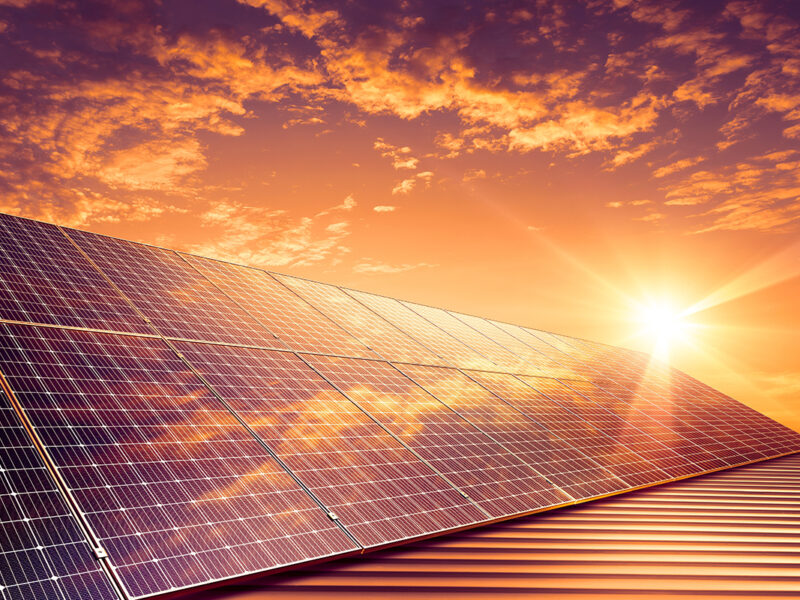Energy-efficient appliance rebates could boost savings although they might come with a premium price tag, they contribute to higher savings overtime by reduction of electricity bills, as compared to regular appliances.
A way to determine appliances that are energy efficient is by Energy Star rating, the more stars on the rating, the more energy efficient the appliance is. Appliances that are Energy Star-rated can cost you slightly more up front than other products, however, they generally help you save money in the long term by keeping electricity bills down.
Energy Star clothes dryers use 40-50 percent less power and approximately 55 percent less water than conventional dryers, a saving of up to $50 per year on combined utilities and water bills. Energy Star appliances can dramatically lower electric bills.
On average, appliances including washers, dryers, dishwashers, refrigerators, freezers, air cleaners, and humidifiers account for up to 20 percent of a homes total electricity bills.
With rising electric rates, it is ideal to consider energy use and efficient use of energy-hungry appliances.
An HVAC system uses the most energy among daily appliances. Water heaters may be responsible for between 14 and 25 percent of overall energy consumption, according to the U.S. Department of Energy.

Central air conditioning and heaters consume tons of energy, an energy saving alternative is space heaters. Space heaters are an efficient way to heat up a particular area or room of your house, but they are a major power consumer.
A fridge uses much less power, according to EnergyStar.gov, and could save you over $270 in the next 5 years.
LED lights use 75 percent less energy, last 25 times longer, and operate significantly cooler than standard incandescent lights.
When buying new appliances and electronics, consider options that are certified by the Energy Star program, as they use less energy than standard models, and can be eligible for rebates.
Replacing an eight-year-old refrigerator with a new Energy Star model could save $110 or more a year on your electric bill. A GE Smart Refrigerator costs only $87 per year to run, according to estimates, which is a nearly $20 annual savings over some other fridge models. According to GEs Energy Guide for Dishwashers, a water heater using electric only costs $31 to operate annually, while gas-powered heaters only cost $22 a year.
There are other tips and tricks that can be implemented to save energy bills such as turning off the water heater or changing air filters. Deplugging appliances for instance is a way to reduce power consumption leading to savings overtime.









